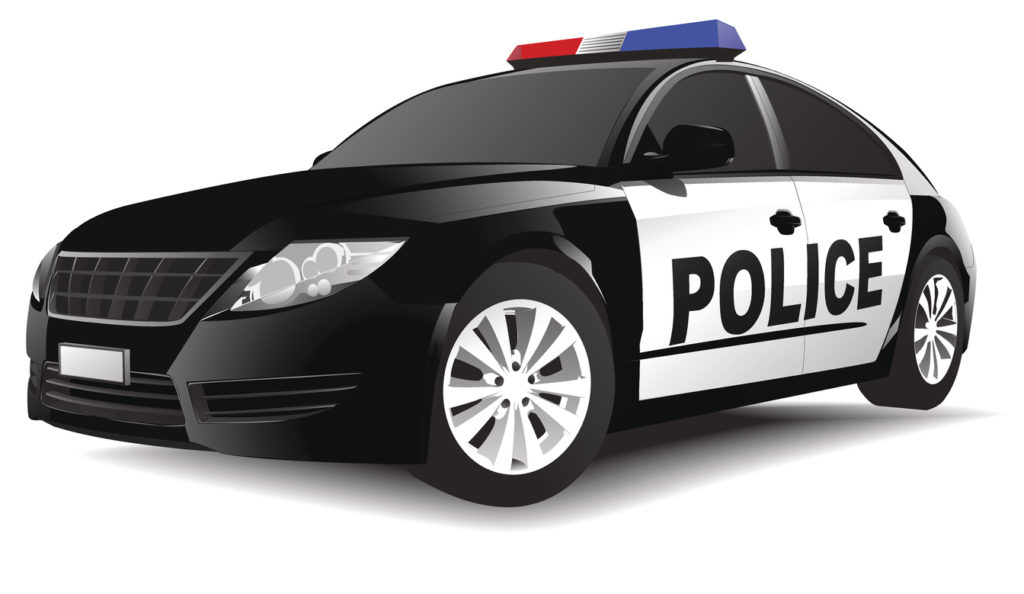Can an Officer Pull Someone Over Even if He Didn’t Personally Witness the Traffic Violation?
The Fifth District Court of Appeals in Ohio has recently held that a driver’s violation of a traffic law gives an officer reasonable suspicion to stop the driver’s vehicle EVEN IF the officer did not himself see the violation. The court in this case found that the stop is valid as long as the officer is acting on credible information from a fellow officer.
Officer Followed And Pulled Over Car Leaving Suspected Drug House
In State v. Ash, 2016 Ohio 4619, officers began investigating a house based on complaints about drug activity. One officer saw the Defendant pull up to and enter the house. The Defendant stayed in the house for several minutes then got back into his car. The officer then followed the Defendant and testified that the Defendant failed to properly signal within 100 feet of a turn.
The officer radioed a second officer and informed him of the traffic violation. The second officer located and followed the Defendant and pulled him over.
The second officer claimed to smell marijuana and requested ID. After the Defendant stepped out of the car, he was handcuffed, and his vehicle was searched. During the search, officers found marijuana in the Defendant’s pants pocket. Also, during the search of the vehicle, officers found marijuana in the console.
Police Must Have Reasonable Suspicion to Make A Traffic Stop
For an investigative traffic stop to be legal the police must have reasonable suspicion that “the person stopped is, or is about to be, engaged in criminal activity.” United States v. Cortez, 449 U.S. 411, 417, 101 S.Ct. 690, 66 L.Ed.2d 621(1981). However, the police can’t just say they had a “hunch” that the person was up to no good. Terry v. Ohio, 392 U.S. 1, 27, 88 S.Ct. 1868, 20 L.Ed.2d 889(1968). The officers must be able to point to specific facts (like a traffic violation) that led them to suspect a criminal violation.
Arresting Officer Does Not Have to Actually See the Violation Himself
Ohio Courts have held a police officer does not need to actually see the traffic violation himself. Rather, an officer can rely on a fellow officer (via dispatch) who observed the violation. But the officer who reports the violation to dispatch must have himself witnessed the traffic violation. Maumee v. Weisner, 87 Ohio St.3d 295, 297, 720 N.E.2d 507 (1999).
In other words, in most cases, a police officer (just not the arresting officer) must observe the violation. The state must therefore show that the facts reported by the first officer was sufficient to create reasonable suspicion that the Defendant was involved in criminal activity.
In this case, the first officer told the second officer he witnessed the Defendant commit a traffic violation. The second officer was entitled to rely on the information given to him by his fellow officer.
A Case May Be Thrown Out if the Arresting Office Did Not See the Traffic Violation
An officer relying on a tip from a fellow officer or another individual cannot use the tip to initiate a traffic stop if the tip lacks credibility in any way.
If you have been charged with any traffic violations or any other drugs or alcohol related offenses and have questions about defenses related to your legal rights (or other questions), talk to one of our Columbus defense attorneys about your case at 614-361-2804.



